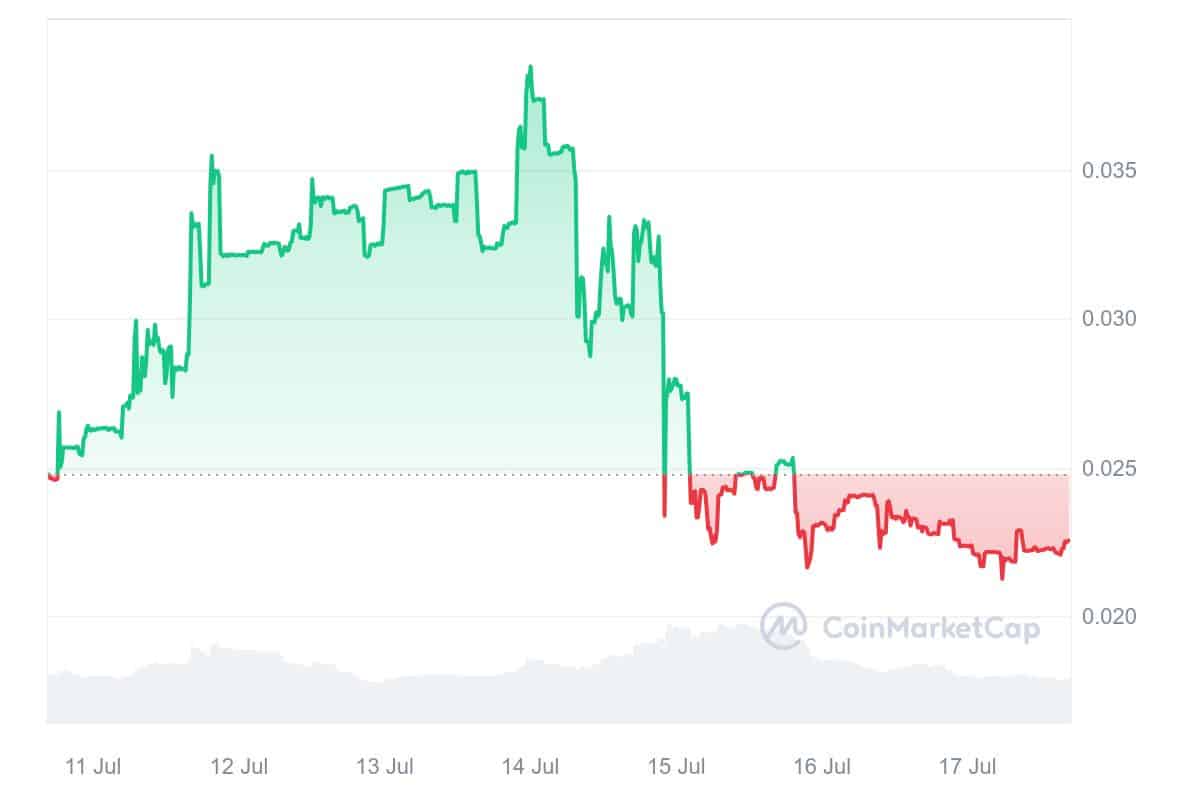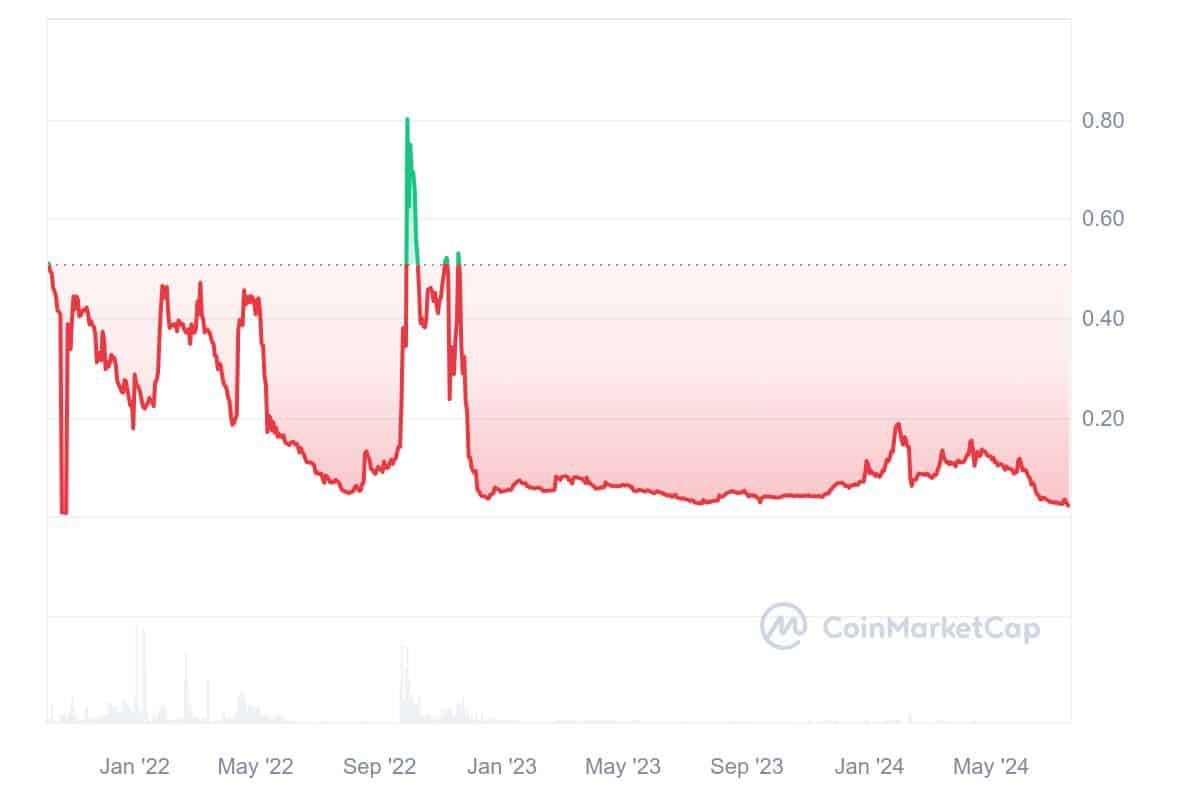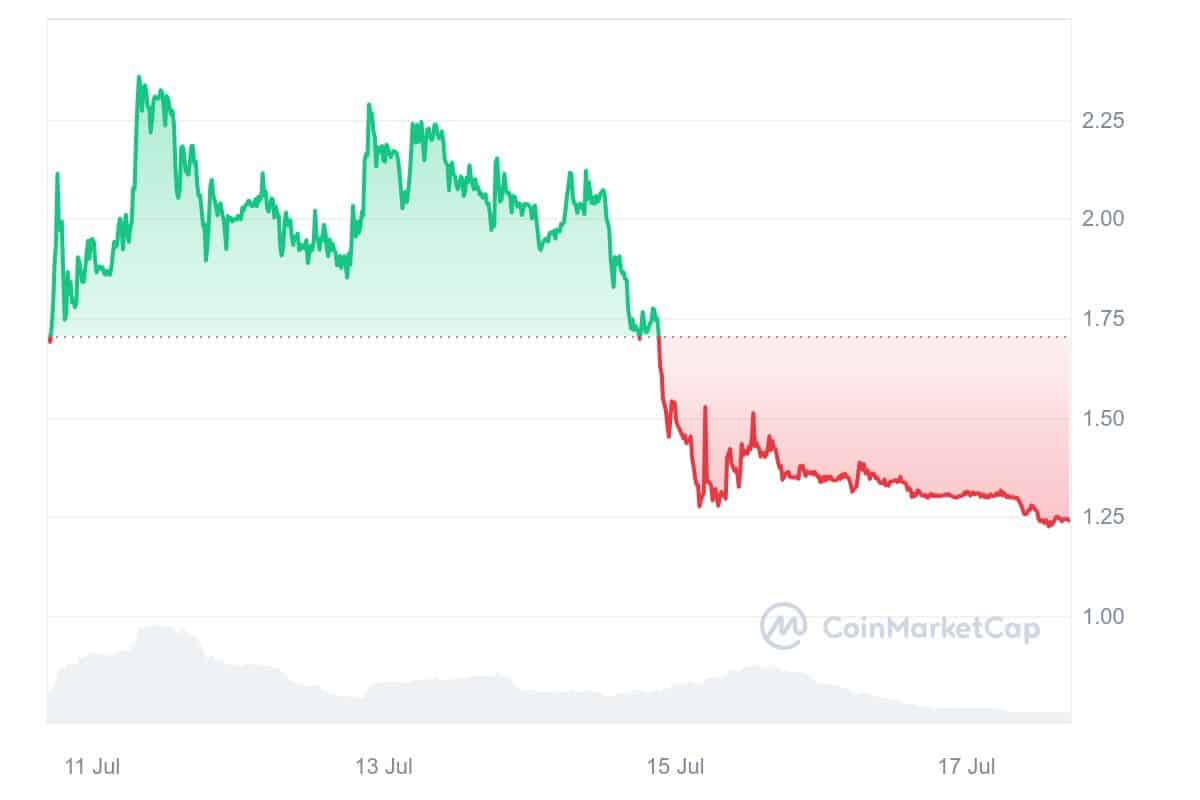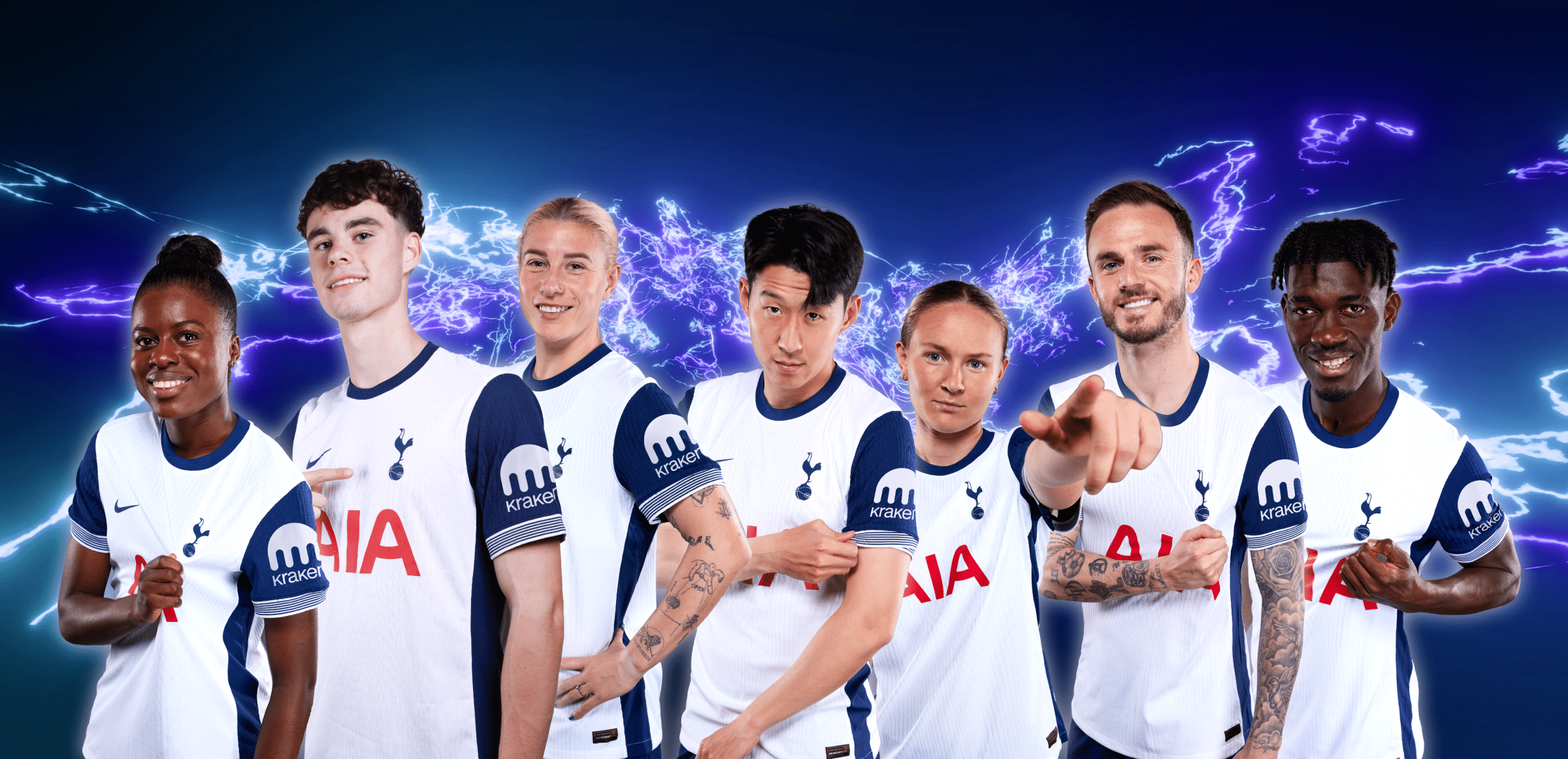Spain and Argentina’s football fan tokens both plummeted in value recently — despite both teams winning major tournaments. Many of the biggest coins are down more than 90% from all-time highs.
You might expect a club’s football fan token to rally hard if they ended up winning a major tournament.
But as Spain found out after they crushed England to pick up the Euro 2024 trophy, this isn’t always the case.
In the run-up to the grand final, the Spain National Football Token (SNFT) had surged to highs of $0.039 — amid hopes history was about to be made.
But in the three days that followed, there’s been a dramatic drop of 43.5%, with this token now languishing at lows of $0.022.

Things get even worse when you zoom out.
Figures from CoinMarketCap suggest the all-time high for SNFT was $0.8633, a record set in September 2022.
Less than two weeks on, and it’s now lost 97.4% of its value.

This token was an official endeavor on behalf of the Royal Spanish Football Federation, which said it wanted to be one of the first national teams to jump on the bandwagon.
But if anything, you could argue that the squads launching their own cryptocurrencies have done nothing but cause financial harm to fans.
Every single one of the five biggest football fan tokens — led at the front by Paris Saint-Germain, FC Barcelona and Manchester City — have suffered stomach-churning declines in value in recent years.
PSG is languishing at $2.83 at the time of writing, down 95.4% from a record high of $61.23 established in August 2021. BAR has hemorrhaged 97.5% of its value in the past three years. Meanwhile, CITY’s nursing a loss of 93.7%.
Each launch is often accompanied by high-profile, glowing endorsements from soccer stars admired by fans. And when Lionel Messi made a big-money move to PSG, part of his fee was paid in fan tokens.
Argentina’s official fan token suffered a similar fate, even though it clinched a 1-0 win over Colombia in the Copa América final.
ARG had rallied hard in the run-up to that fateful match, but in the space of a week, it’s fallen by close to 50%.

Football and crypto entwine
The ties connecting crypto firms and football clubs have grown and grown in recent years.
While there was a bit of a lull during the bear market, exchanges are now engaging in big-money partnerships once again as they attempt to educate sports fans about crypto.
Just this week, Kraken announced that it was becoming the “Official Crypto and Web3 Partner” for Tottenham Hotspur — building upon a deal recently inked with Atletico Madrid. Their logo will also appear on the sleeves for the club’s kit. The exchange’s UK managing director, Bivu Das, said:
“In the UK, crypto already has mainstream name recognition. Our research shows that crypto is more popular than many traditional financial services products. Partnering with Tottenham is about taking this technology another step forward, and bridging knowledge gaps that hold some football fans back from getting involved in the crypto ecosystem.”
Bivu Das
While club sponsorships have nothing to do with fan tokens, some critics are alarmed at the trend of crypto firms sponsoring football clubs — primarily because the volatility of digital assets makes them akin to gambling.

UK is not a fan of fan tokens
In a report last October, a group of British politicians even went as far to say that football clubs should be stopped from offering fan tokens altogether. The chair of the Culture, Media and Sport Committee — Dame Caroline Dinenage — said:
“In the world of sport, clubs are promoting volatile cryptoasset schemes to extract additional money from loyal supporters, often with promises of privileges and perks that fail to materialize.”
Dame Caroline Dineage
She pointed out that groups representing football fans had expressed concern about these digital assets, mainly because they only allow supporters to vote on arbitrary things, such as the songs that are played after a goal is scored.
Companies involved in issuing fan tokens went on the defense at the time — and in a statement to the British media outlet Sky News, Socios argued they’re a valuable tool for fan engagement.
“Fan token holders received more than 24,000 matchday tickets and over 1,000 items of merchandise last season, and continue to engage with their club in a unique new way.”
Socios



